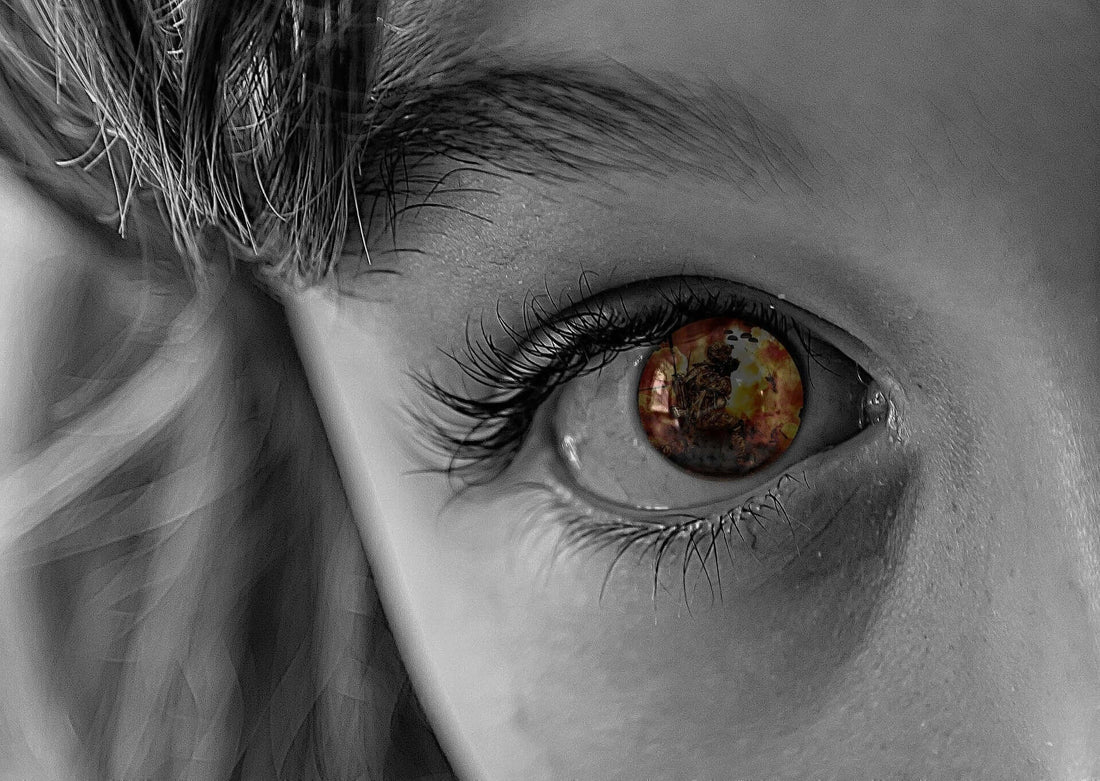5 Truths Revealed From The Trauma of a Global Pandemic.
Author: Jason Chugh

As the gravity and magnitude of the COVID pandemic became a blunt fact of reality, I was utterly unprepared for the rollercoaster ride that we were about to start on; I didn't see it, I didn't see the car, the track. I was oblivious to what was about to happen; grinding life to a halt drew me down the rabbit hole of introspection. I found baggage that I thought was gone; I found scars that I chose to ignore for decades; I had to confront behavioral patterns that were born out of a need for self-preservation during a traumatic childhood that I had never let go of. They served me well when I needed them; when I finally broke free, the physical, mental, and emotional torment was over, but those protective measures were now subconscious routine, and the pace at which I moved left no time to recognize that or them. Looking back on it now, I can see that using work as an excuse was my way of avoiding dealing with the past. Months before the lockdowns began, we had decided to step away from the pool deck after 20 years of coaching and focus on my business; it wasn't long after that the lockdowns went into effect, and we had to shut down the business for more than a year - as did many others. I was conditioned as a child to believe that you are only worth what you earn, and this was the first time in my life that I had no means of providing for my family. My wife was in the process of finishing her Ph.D. and was doing quite well for herself and by default for us, but I felt useless. When you are forced to slow down and look around, you see what you have chosen not to or have chosen to remain willfully ignorant of because of the discomfort it brings you. It sucks. It is hard to work through and even harder to live through. Working through it and having the courage to confront the difficult and uncomfortable leads to the enjoyment and the safety to be truly authentic and live in the moment, relinquishing the difficulties of the past and becoming a true observer and participant of the present.
Although I have been alive for the last 43 years, I can confidently say that the previous two years have been two of the most educational. So that is what I would like to share.
1. It's ok not to be ok.
We live in a time where everything has to be neatly packed into a nice box, and anything that spills out is somehow bad, wrong or misunderstood. It seems like it takes a disaster before we pay attention to someone or a group of people who need help. It is ok to be the one to offer support just as much asit is to ask for help. When my past was weighing on me, my family and friends helped me recognize your value as a person is not what you earn. Conversely, it is what you can do to enrich the lives of others. Things really changed through that rough journey to the lowest of lows and having the support to pick myself up again. An Incredible sense of clarity and purpose had manifested itself.
2. Lead with courage
No matter what or who you listen to, there is a narrative of fear being pushed. When you choose to lead with courage, you transform fear's impact into action; courage is what you do with fear. COVID was and is scary for many people for many different reasons. However, having the courage to treat those in and out of your tribe with compassion is courageous. Every day we are exposed to a relentless rat race of negative reciprocity, the zero-sum game; there always has to be a winner and a loser. When you lead with courage, you can be vulnerable and exposed to those who seek to take advantage of you. You have to be able to recognize and accept those people knowing they aren't worth the worry or the emotional energy. On the other hand, you also get the people who will make you better, the worthy rival, as Simon Sinek would put it. Those that will respect your work and help you improve by improving themselves. Be courageous enough to find those that will make you better, and hopefully, you can make them better at the same time.

3. Be a keen observer of the present
4. Flagrant optimism is a shield from reality
5. People are generally good; they are often just scared.
COVID isn't over, nor will it be the last time we are forced into an uncomfortable situation where we have to adapt and be open to change. However, WE can unlearn the poor habits of the past and relearn as we live this experience. Human-designed fiat systems can continuously evolve; the key is that the people who participate in those systems must be willing to evolve.

